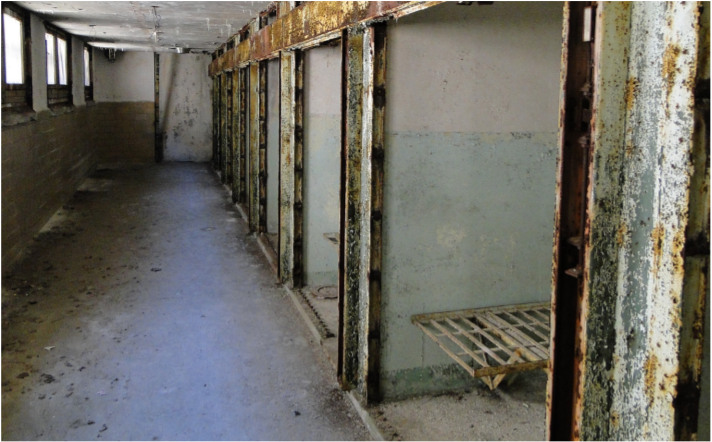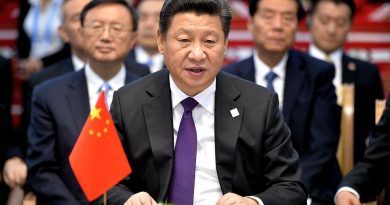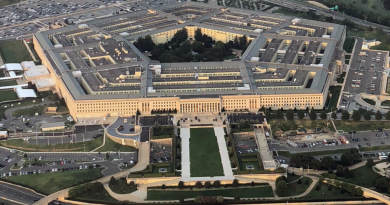1800 Inmates Escape Nigerian Prison Break
Kristen McGuire
Staff Writer
In the early hours of April 5, gunmen attacked the Owerri Custodial Centre in Imo State, a region in Southeast Nigeria, freeing over 1800 inmates, according to BBC News. The New York Times explains that the attack on the prison was just one of a series of attacks against several police and military facilities that have taken place since late February.
There have been several different types of responses by Nigerian officials in the wake of the attack. The Minister of Interior, Rauf Aregbesola, has promised that no inmate who returns voluntarily will be charged with unlawful escape. The New York Times furthers that prison officials are attempting to “[appeal] to the good citizens of Imo State” to help “facilitate the recovery effort,” per their statement. However, as of April 23, only a small number of escapees have returned.
Other officials have taken on a harsher tone in response to the attack. According to The New York Times, Mohammed Adamu, the former inspector-general of police, reportedly instructed his officers to “deal with [attackers] ruthlessly” and “unleash your full arsenal on them.” Similarly, aggressive rhetoric was used by Nigerian President Muhammadu Buhari, who denounced the attack on the Owerri facility as an “act of terrorism” and accused the separatist group Indigenous People of Biafra (IPOB) of orchestrating it. IPOB spokesman Emmanuel Powerful denied the allegations of involvement by IPOB and their paramilitary wing, the Eastern Security Network, in a statement, asserting, “[We] have no business with the said attacks… It is not our mandate to attack security personnel or prison facilities.”
Hostility between IPOB, which was declared a terrorist organization in 2017, and the Nigerian government has persisted for years, according to The Associated Press. A 2016 Amnesty International report found that Nigerian security forces committed “gross human rights violations” the year prior when it suppressed demonstrations by supporters of IPOB, killing at least 150 peaceful protesters. The Wall Street Journal explains that the two parties also clashed again earlier this year in Orlu, which led the Nigerian military to conduct airstrikes before a ceasefire was eventually called.
Tensions between the two parties originate from the Nigerian Civil War that took place from 1967 to 1970, according to BBC News. A military coup in 1966, during which a number of prominent political figures were assassinated by mostly ethnically Igbo officers, was followed by months of massacres against Igbo people living in Northern Nigeria. BBC News explains that this caused a mass movement of Igbo people to the east, who eventually seceded to create the independent state of Biafra. However, this independence was short-lived. Following almost three years of civil war, the separatist leaders were forced to surrender, and Biafra once again became a part of Nigeria. Despite this failed attempt, some still hold out hope of creating an independent Biafra again, especially in the southeast region of the country.
Quelling separatist efforts is just one problem that President Buhari and his government faces in a country that is growing increasingly unstable internally. VOA News describes that other threats include ongoing jihadist insurgencies in the Northeast, banditry, and a spree of kidnappings. These matters reflect the far deeper-seeded issues of religious divisions between the Muslim-majority North and Christian-majority South and the struggles of the central government to maintain internal security in the African nation.
Photo courtesy of Wikimedia Commons



